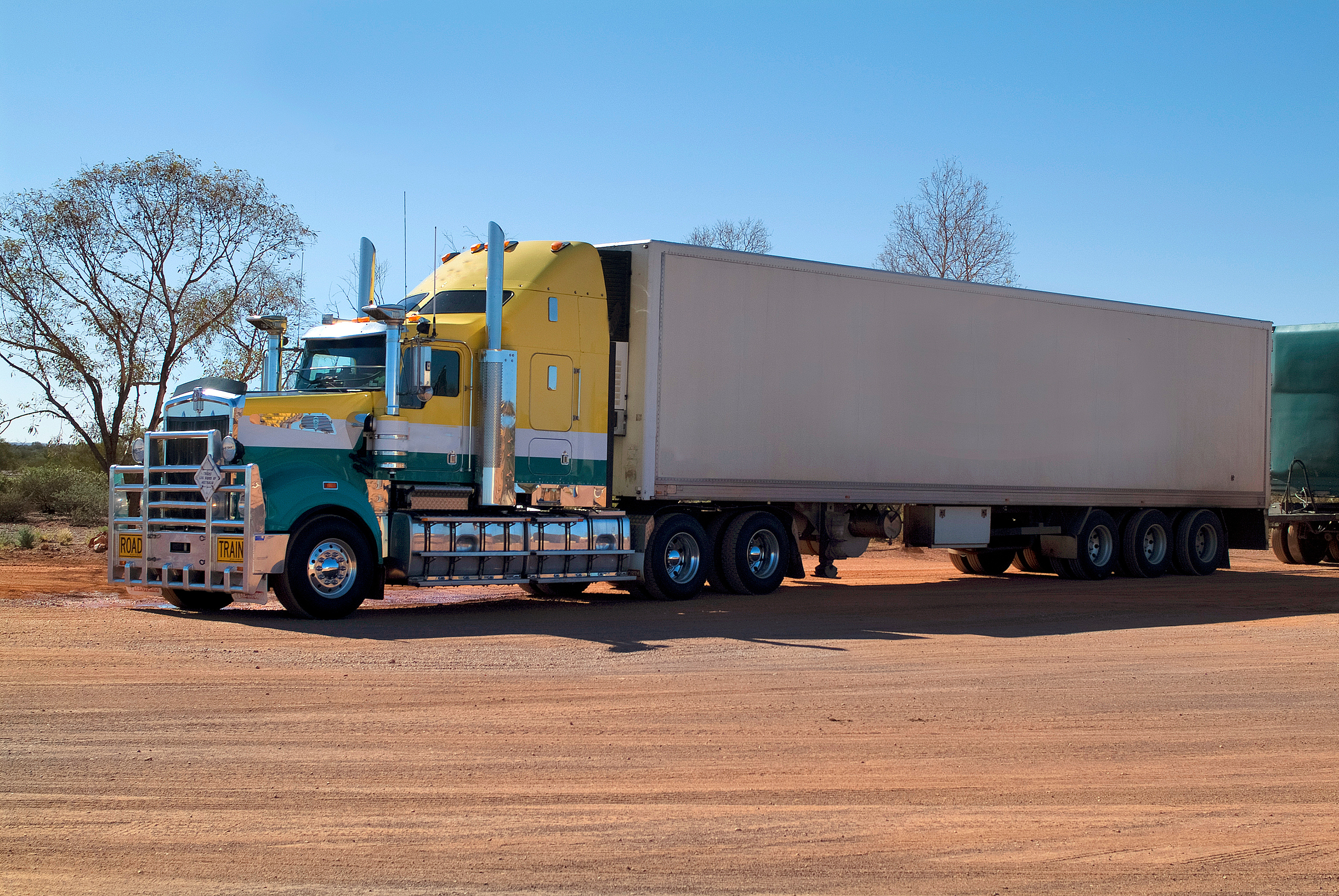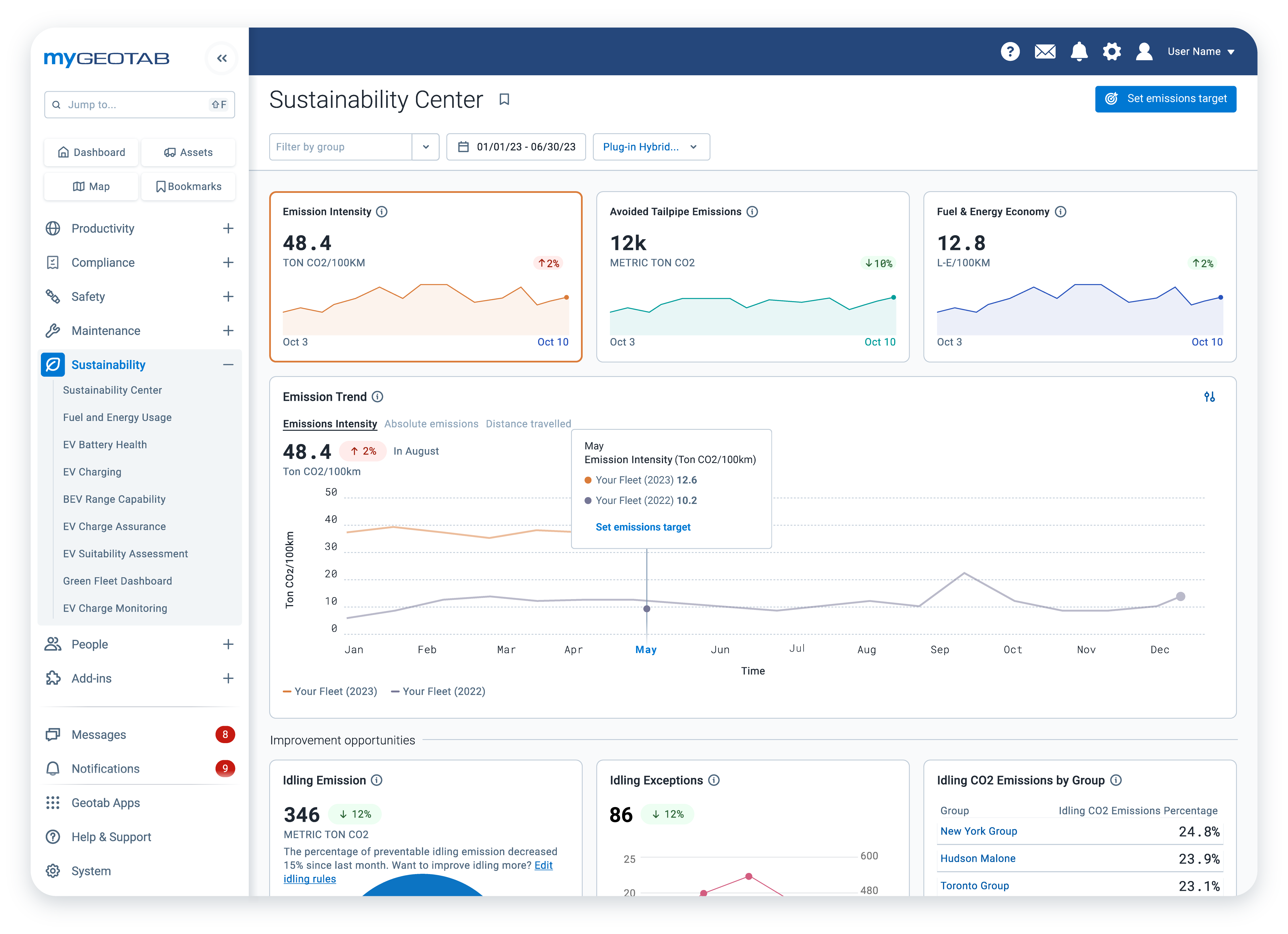Electric vehicle sales double in Australia: here are three trends in EV adoption
The majority of Australians would consider buying an EV as their next vehicle.
By Geotab Team
Mar 24, 2025

New sales of Electric Vehicles (EVs) in Australia have doubled every year since 2020, and 2023 was no exception with just under 100,000 EVs sold, according to the newest data from the Electric Vehicle Council. These strong sales come as the Australian Federal and State governments encourage car buyers to consider EVs with legislation such as the New Vehicle Efficiency Standard, which encourages suppliers to sell lower-emission vehicles.
The Australian Capital Territory remains the leader in EV adoption in Australia, with 21.9% of all new cars sold being EVs. New South Wales is next with 9%, followed by Queensland at 8.3%. Geotab believes EVs have a great future in Australia, but it will take some time and work to get there.
Here are three trends which show Australia’s promising efforts to fully transition to EVs:
Price is the biggest barrier to adoption, but prices are falling
The Transport Opinion Survey, conducted by the University of Sydney, found that 1 in 3 Australians are considering buying an electric vehicle in the next 5 years. However, 44% of those surveyed say they cannot afford an EV, as they are more expensive than traditional Internal Combustion Engine (ICE) cars and come with additional infrastructure costs that an ICE car does not.
EV technology is constantly evolving, and newer brands which aim to increase affordability, such as Chinese manufacturer BYD, will make EVs more accessible over time. According to the government’s National Electric Vehicle Strategy Annual Update 2023-2024, the number of EV models under $60,000 has increased from 14 in 2023 to 22 in 2023, giving price-sensitive consumers greater choice. Improvements to the distribution of charging infrastructure will also mean EV owners may not need to invest in charging docks at home.
EV charging infrastructure is expanding
EVs themselves are only half the picture. Consumers remain concerned about the lack of public fast charging infrastructure and wish to see subsidies for home charging infrastructure. But there’s good news on the charging front as well. The EVC report saw a 75% increase in the number of charging sites from 2022 to 2023, representing just under 350 new sites added to Australia’s charging network.
Victoria saw the biggest increase in commissioned sites in 2023, adding 88 fast charging and 22 ultrafast locations. NSW added 80 new sites , and Queensland added 53. Last year, the Federal Government announced $39.3 million to expand Australia’s charging network by installing fast chargers on national highways. The NRMA matched this amount, pledging to upgrade charging infrastructure in rural and regional Australia to provide coverage on all major highways.
Telematics helps range anxiety
One of the key challenges in the EV transition is the concern about range anxiety, particularly in regions with sparse charging infrastructure. While the number of charging stations is improving, some organisations are looking for solid evidence before they make the switch. Installing telematics can help to gather this evidence.
Business NSW, which represents nearly 50,000 businesses across New South Wales, took this approach. Business NSW partnered with Geotab to pilot an EV program to assess and overcome the difficulties of EV adoption in regional areas. They used Geotab’s telematics to monitor vehicle performance, charging habits and energy consumption. This approach helped them assess the feasibility of EVs, even in areas where charging stations are few and far between.
Easier electrification ahead
As EVs become more popular in Australia, the opportunity for consumers and businesses alike to reduce their carbon footprint grows. EV technology will continue to improve, with greater range and better features available to drivers.
As fleet adoption grows, more fleet managers will consider telematics as a way to drive efficiencies and reduce costs. Efforts to decarbonise Australia’s transportation industry will be vital to meet our clean energy targets, and telematics form just one part of the answer. Though there is still significant work to be done to achieve a full EV transition, Australia is making good progress.
To find out more about how Geotab can help your fleet transition to EVs visit our sustainable fleet solutions.
The Geotab Team write about company news.
Related posts

Fuel efficiency techniques every transport operator should know
December 2, 2025
3 minute read


Powering what's next: Key takeaways from the Geotab ANZ Partner Summit 2025
October 6, 2025
3 minute read
.jpeg)

Geotab becomes a certified Telematics Monitoring Application Service Provider
April 1, 2025
3 minute read

Sustainability Centre: central hub for sustainable fleet management
January 28, 2025
2 minute read